Kegg Kegel ball promises more accurate fertility tracking
March 06, 2019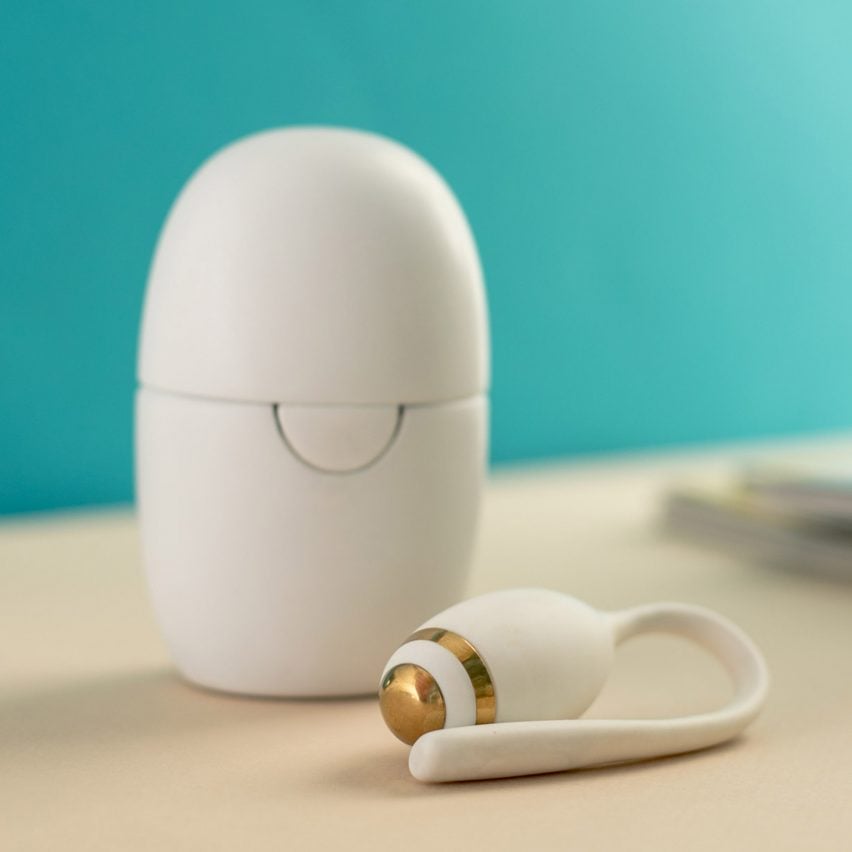
Personal fertility tracking is set to get more sophisticated with the arrival of Kegg, the first wearable device to measure cervical mucus.
Created by San Francisco-based start-up Lady Technologies, Kegg promises to deliver more accurate fertility predictions than current fertility trackers, which largely consist of period-monitoring apps and temperature-measuring wearables.
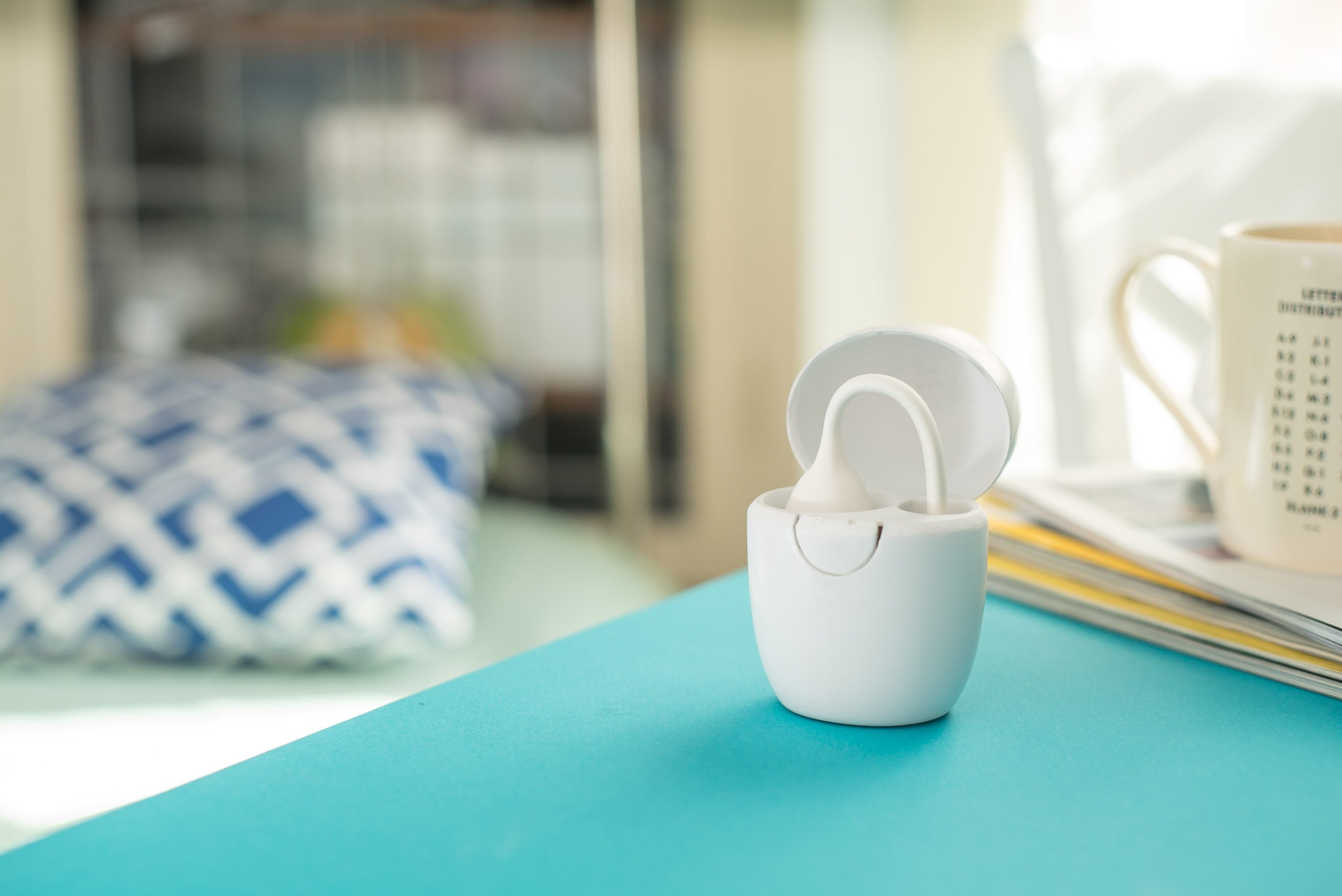
The Kegg Kegel ball inserts inside the vagina to read and analyse a person's cervical mucus, which changes in viscosity over the course of the ovulation cycle. Kegg only needs to be worn for two minutes to produce a reading.
"In the age of driverless cars and artificial intelligence, women also deserve the most advanced technology to help them solve their very specific problems," said Lady Technologies founder Kristina Cahojova. "Kegg uses a clinically proven technology to sense changes in cervical mucus."
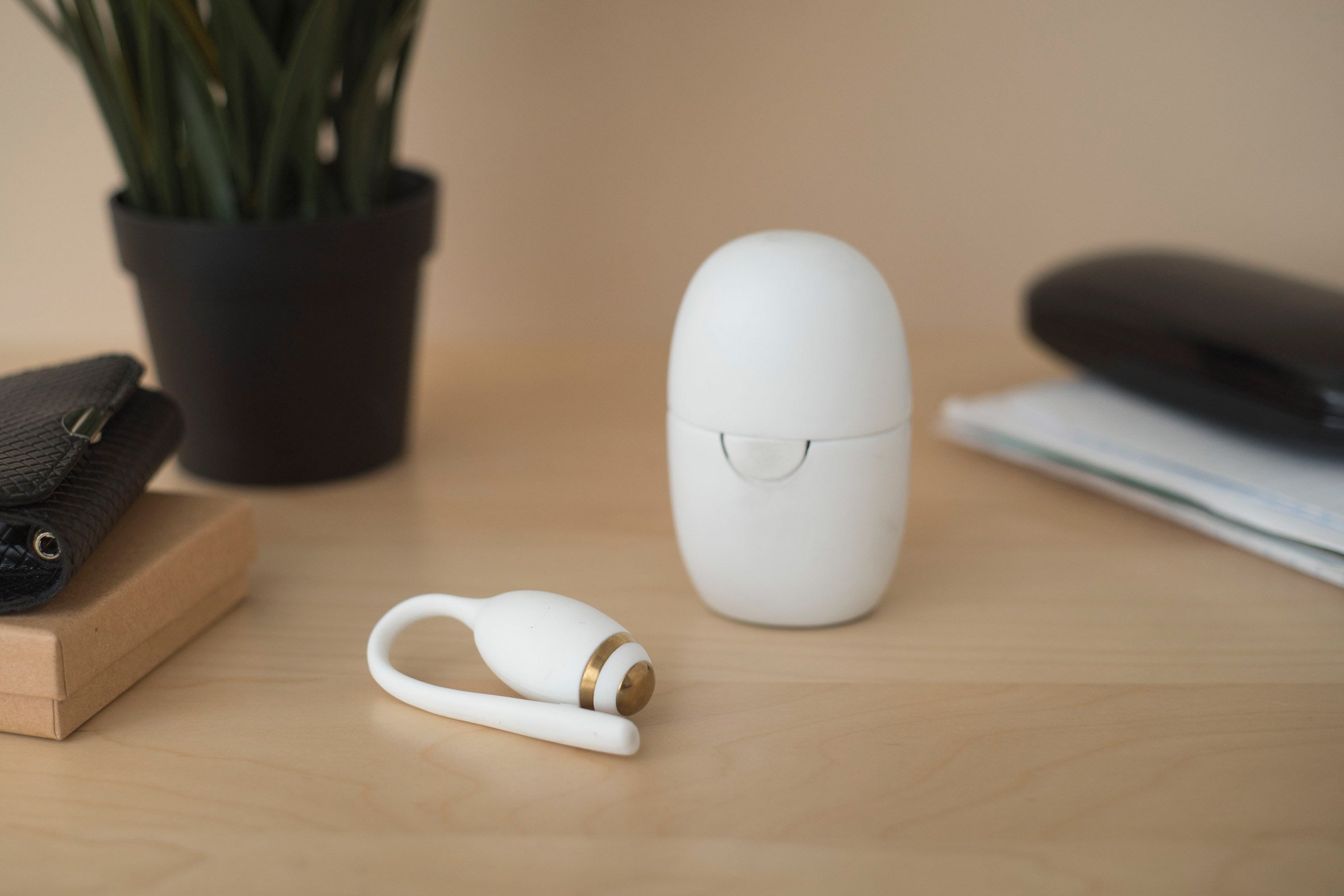
The device is held in place by the contraction of the pelvic-floor muscles, which means it has an additional benefit: like the Elvie and kGoal, it can be used to train and strengthen those muscles.
This is often a necessary part of post-partum recovery through a set of exercises known as Kegels. The Kegg contains a pressure sensor and provides the user with instant feedback about their Kegel exercises through both an internal vibration motor and an external app.
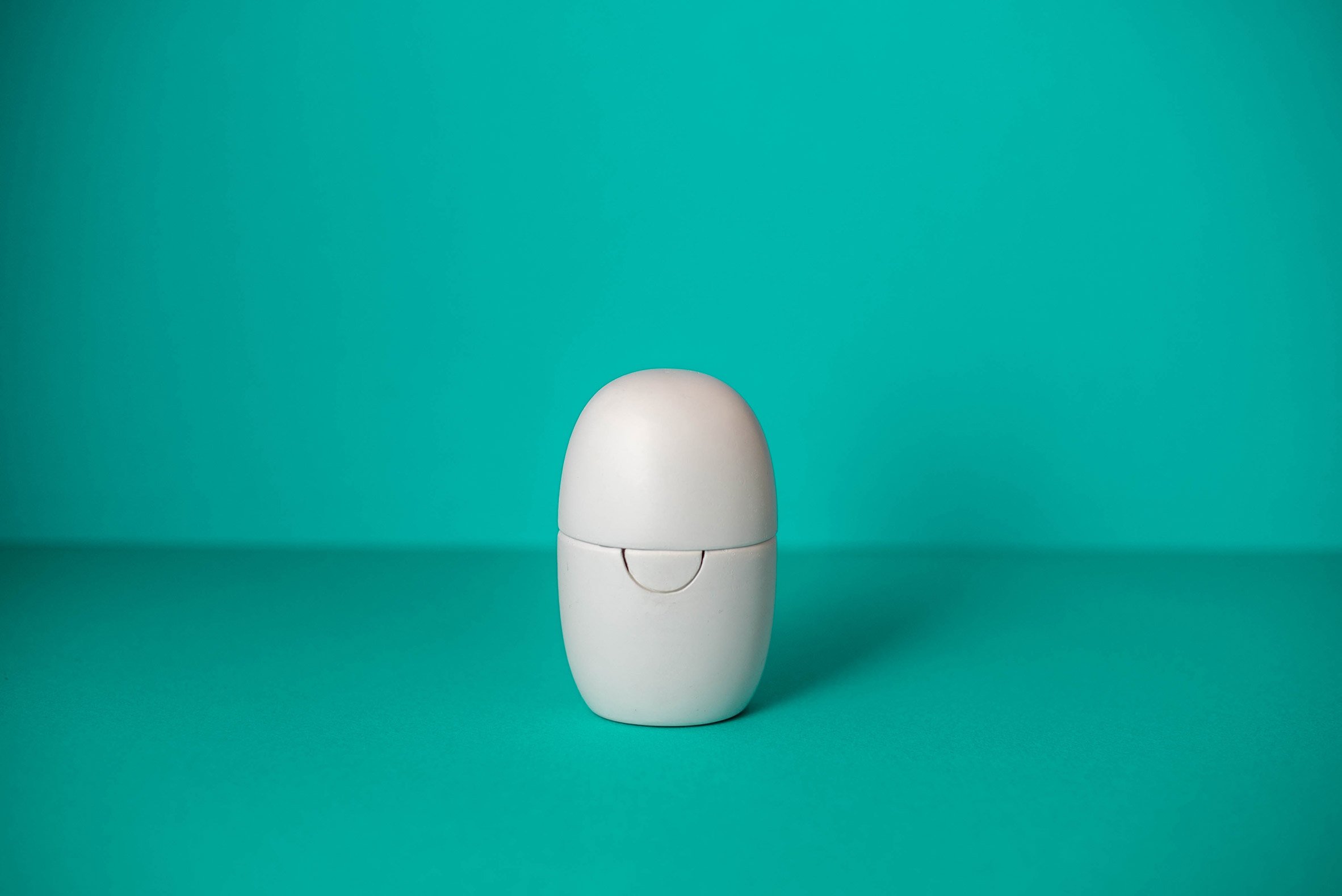
But the mucus-measuring is where Kegg most innovates. Women have long been encouraged to observe the changing consistency of their cervical mucus to pinpoint their fertility window, but Kegg adds the latest technology into this process.
While the device is primarily made of medical-grade silicone, it has two gold-plated stainless steel bands that emit electric pulses to measure the mucus' consistency.
Its sensor uses impedance spectroscopy, which measures the resistance and capacitance properties of a substance, by looking at the electric charge.
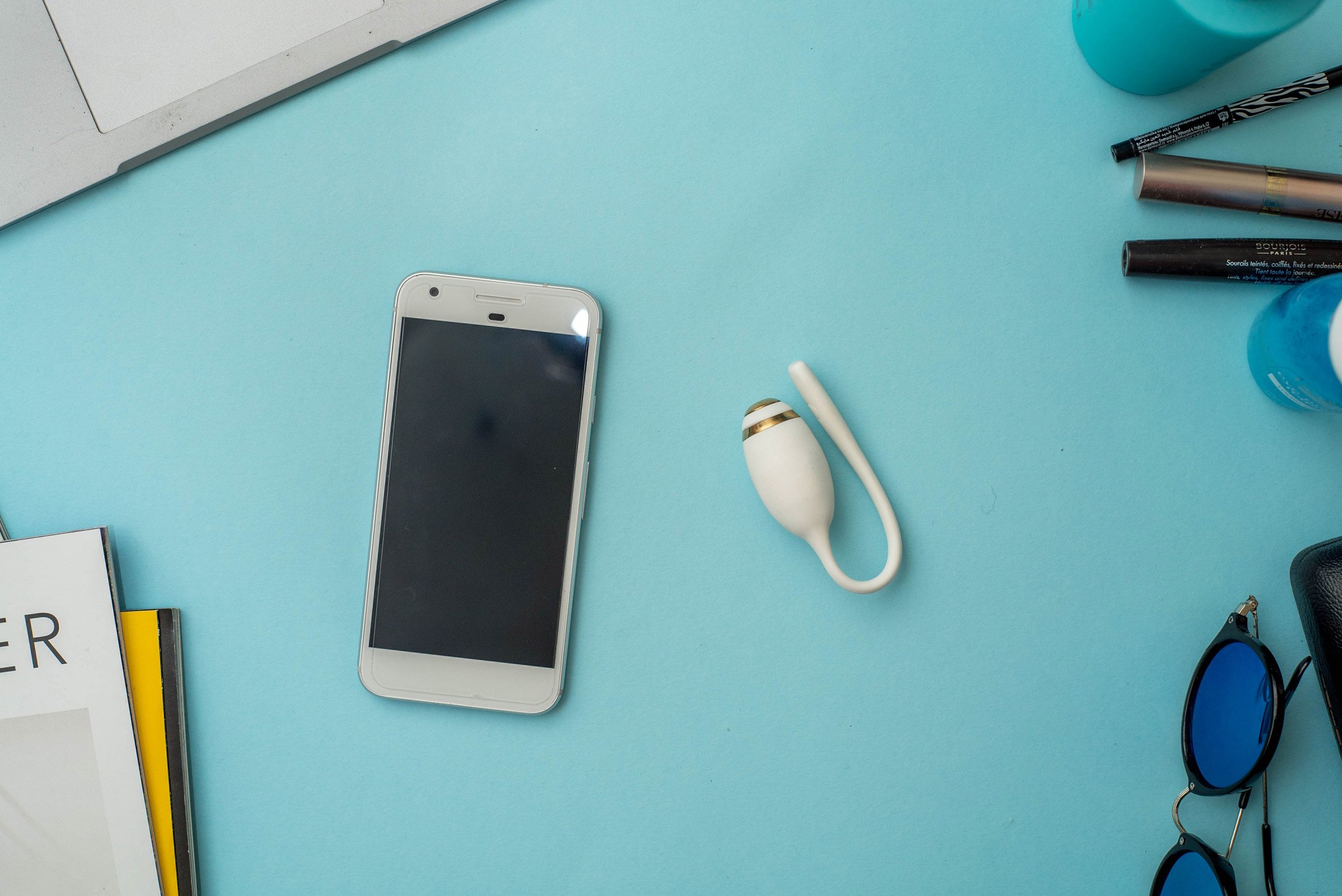
The data is sent to the cloud, where it is processed using personalised algorithms to predict the user's next fertile window. It can do this up to five to seven days in advance.
Lady Technologies says the materials in the device is 100 per cent safe for the body, and the Bluetooth tech is enclosed in the tail, which sits outside the vagina.
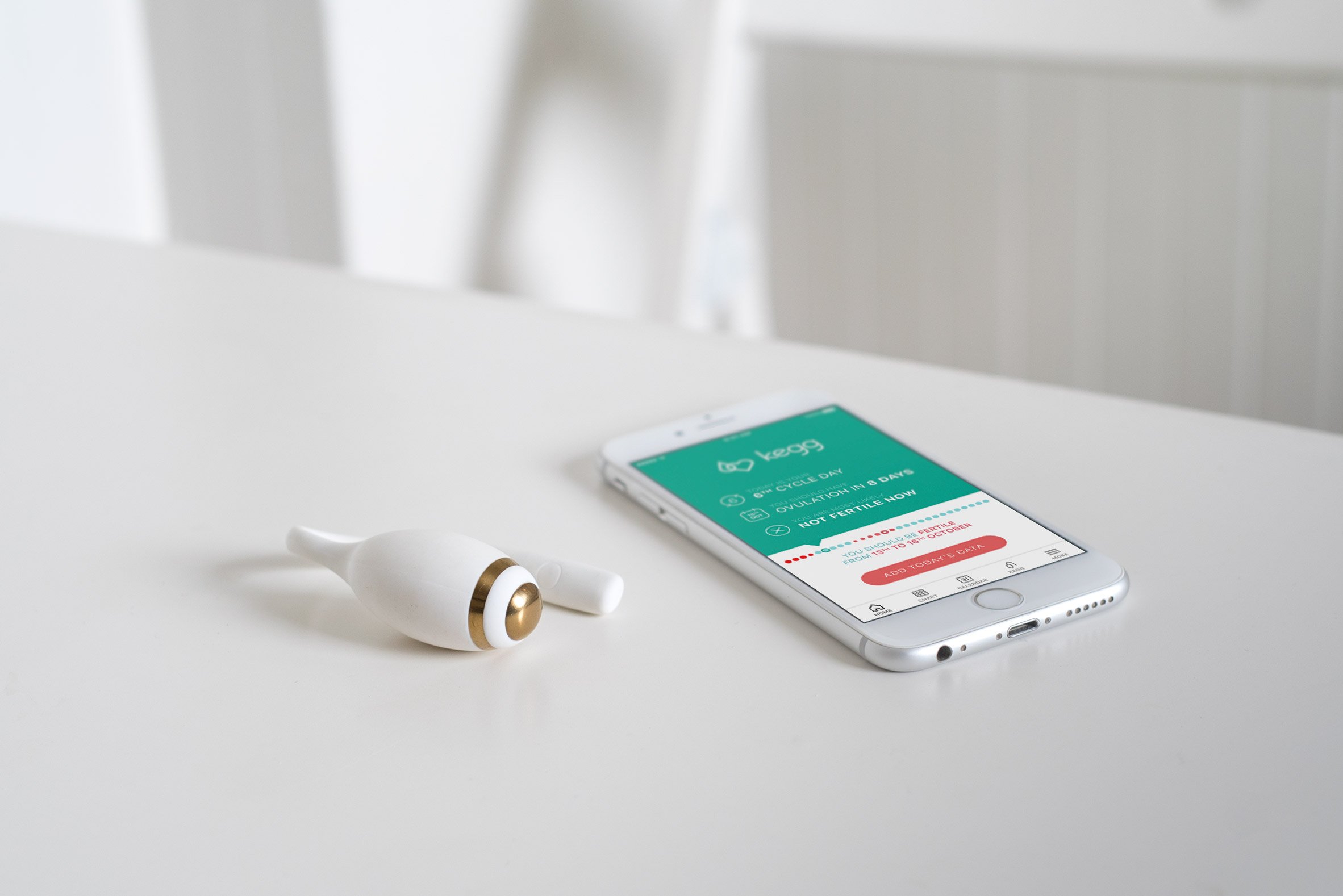
The start-up first introduced the product at the TechCrunch Disrupt competition late in 2018 and plans to launch a Kickstarter campaign in the coming months.
According to Allied Market Research, the global fertility services market is valued at over US$16 billion (£12 billion) and is projected to reach US$30 billion (£22 billion) by 2023.
Most technology in this market targets women, but the Yo sperm counter is an example of a product aimed at men.
The post Kegg Kegel ball promises more accurate fertility tracking appeared first on Dezeen.
from Dezeen https://ift.tt/2EPSpjg
via IFTTT
0 comments